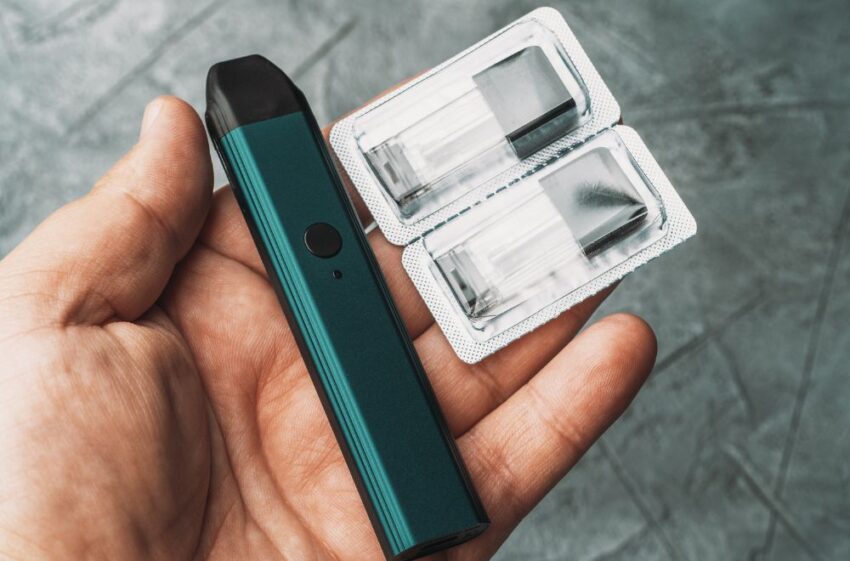Delta-8 THC, a cannabinoid gaining popularity, particularly in vape pens, raises questions about its addictive potential. Unlike Delta-9 THC, which is more common and notorious for its psychoactive effects, best delta 8 vape pen offers a milder high with purportedly fewer side effects. However, concerns about addiction persist due to its psychoactive nature and similarities to Delta-9 THC.
The method of consumption, such as best delta 8 vape pen, can influence addiction potential. Vaping Delta-8 THC allows rapid absorption into the bloodstream, intensifying its effects compared to slower methods like edibles. This rapid onset and intensity increase the risk of psychological dependence, where users crave the pleasant feelings associated with Delta-8 THC.
Addiction is a complex phenomenon influenced by various factors, including biological predispositions, psychological vulnerabilities, and environmental triggers. Delta-8 THC, like other cannabinoids, interacts with the body’s endocannabinoid system, affecting neurotransmitter release and neural activity. This interaction can lead to feelings of euphoria and relaxation, which some individuals may seek repeatedly.
Research specific to Delta-8 THC addiction is limited, but insights from Delta-9 THC suggest potential risks. Delta-9 THC is known to activate the brain’s reward system, leading to dependence in some users. While Delta-8 THC may have a less intense psychoactive effect, its ability to produce euphoria suggests it may still carry addiction potential, albeit potentially less than Delta-9 THC.
Individual susceptibility to addiction varies widely. Factors such as genetics, mental health history, and social environment can amplify or mitigate addictive behaviors. Regular use of Delta-8 THC vape pens can lead to tolerance, requiring higher doses to achieve the same effects, further escalating the risk of dependency.
Moreover, the legality and accessibility of Delta-8 THC products contribute to their potential for abuse. In regions where Delta-8 THC is legal and readily available, users may face fewer barriers to obtaining and using these products, potentially increasing misuse and addiction rates.
Recognizing signs of Delta-8 THC addiction is crucial for early intervention. Symptoms may include cravings, withdrawal symptoms (such as irritability and insomnia), neglecting responsibilities, and unsuccessful attempts to quit. Professional help, including therapy and support groups, can assist individuals in overcoming Delta-8 THC addiction.


